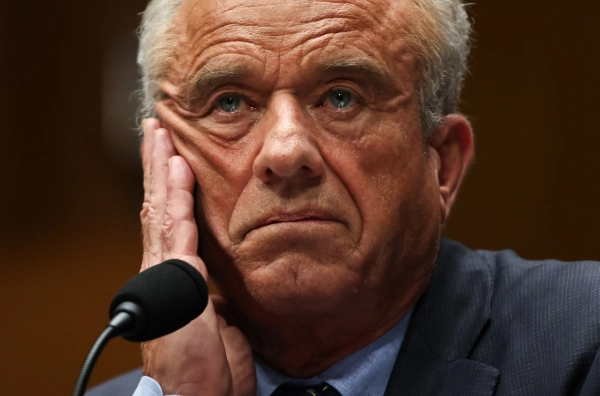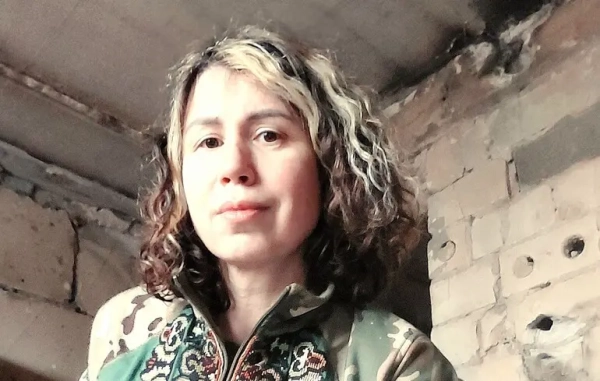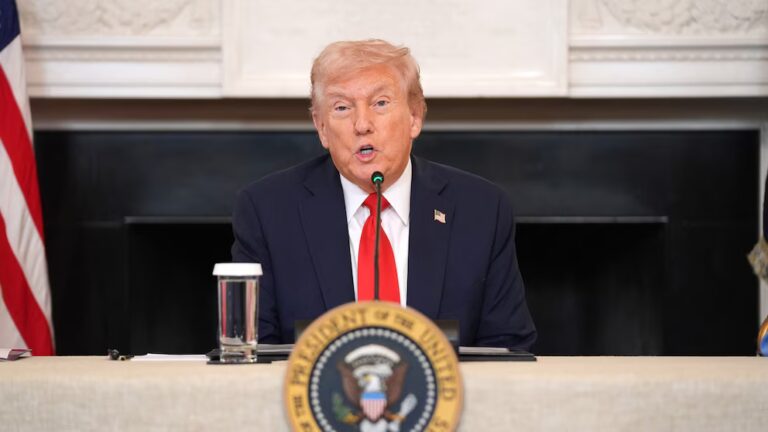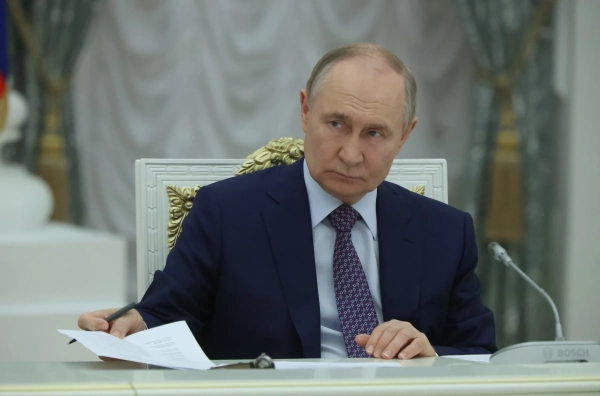
For years, the US population, federal authorities, and healthcare sectors have largely agreed: Vaccines are vital for safeguarding lives. Now, following years of intensifying criticism, this unity has irreversibly broken apart.
The division orbits around Covid immunizations. Recently, a UK cardiologist aligned with US Health Secretary Robert F. Kennedy Jr. informed the Daily Beast that the Trump administration plans to withdraw Covid-19 vaccines from circulation. Days earlier, the American Academy of Pediatrics announced its commitment to advising Covid vaccines for children under two years old—directly opposing Kennedy’s May decision to halt recommendations for both healthy minors and expecting parents.
The American College of Obstetrics and Gynecology mirrored this stance, declaring Friday that it would uphold its Covid vaccination advice for pregnant individuals. Both organizations emphasized preserving protections for vulnerable infants, either through direct immunization or maternal vaccination, citing evidence of heightened Covid-related risks for this age group compared to older children.
Kennedy retaliated by cautioning medical associations that noncompliance with federal vaccine guidelines might expose their members to legal action. As healthcare providers and officials clash over immunization protocols, accessibility could diminish—not only for Covid vaccines but also flu shots and standard pediatric immunizations, all targeted by Kennedy’s reviews.
This rift may widen as New England states convene to consider independent vaccination recommendations. While researchers advance mRNA technology—crucial for Covid vaccines under Trump’s “Operation Warp Speed”—Kennedy terminates agreements for mRNA research with pharmaceutical firms. Federal funding cuts threaten to block potential medical breakthroughs before their development.
Such developments could escalate public health risks.
Pharmaceutical companies might reduce vaccine production. Insurers could deny coverage for non-government-endorsed immunizations. Potential crises loom: High-risk individuals might abandon vaccination efforts despite recommendations, while uninsured family members face financial barriers. This creates impossible choices—risk exposing vulnerable relatives to severe illness or avoid contact entirely.
We’re accelerating toward a high-stakes trial, where federal policies hinder vaccine distribution and innovation, eroding public trust in one of healthcare’s most transformative advancements.
Escalating tensions between federal leadership and healthcare professionals
Open conflict between federal agencies and medical organizations over immunization guidelines was once inconceivable. By the 2000s, over 90% of citizens supported childhood vaccines. Through federal initiatives and clinician partnerships, the US eliminated measles by 2000.
By 2025, under 70% view pediatric vaccines as essential. This year witnessed the worst measles surge since the 1990s. Reports suggest Kennedy’s department hesitated to intervene as he publicly equivocated on vaccine merits—despite measles vaccines’ 97% efficacy.
What precipitated this decline?
Anti-vaccine sentiments, though long-standing, gained momentum during Covid’s politicization. Kennedy’s “Make America Healthy Again” campaign normalized these views within Trump’s administration. Post-election, Trump appointed Kennedy as health secretary, who swiftly curtailed federal vaccine support.
Related
- Is MAHA failing to improve national wellness?
Early actions included appointing an autism-vaccine conspiracy advocate, reversing pediatric Covid vaccine recommendations, replacing federal vaccine advisors, reviewing childhood immunization protocols and Covid vaccine safety, and axing a $500 million mRNA research partnership.
Kennedy initiated this battle. Now medical institutions are countering. Americans face uncertain terrain as respiratory illness season approaches.
Source: vox.com






